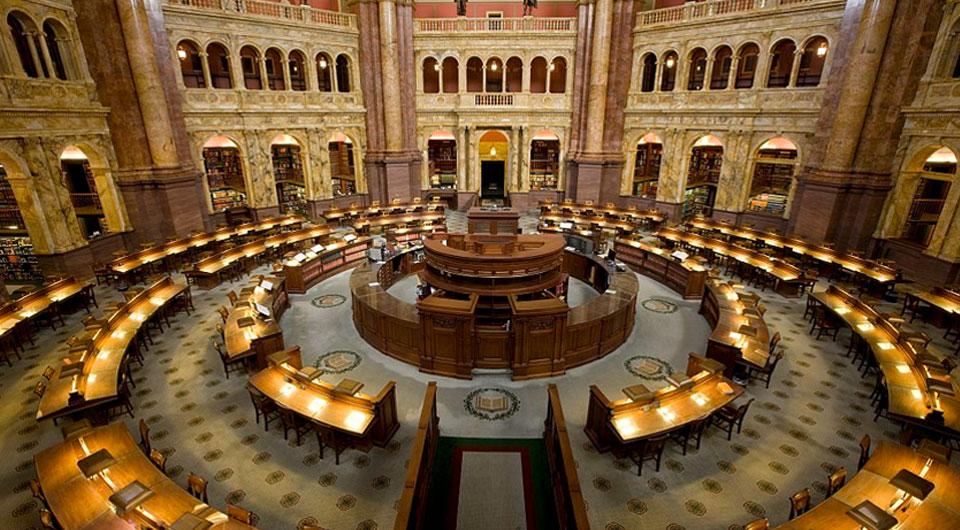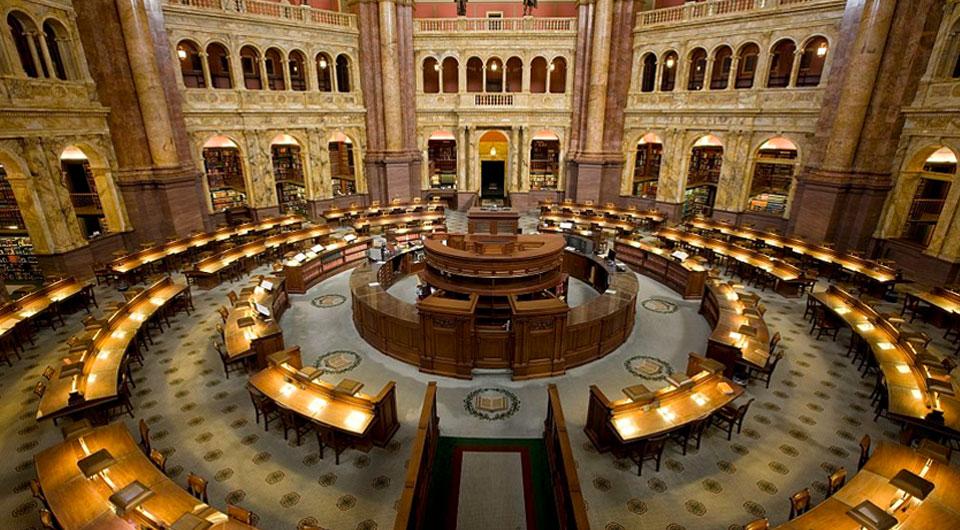
Around the world, over one hundred nations have adopted freedom of information (FOI) laws that give their publics a right to request records from their governments. While these statutes are riddled with exemptions, marked by political interference, and often light on sanctions for those that block them, FOI laws remain essential tools for democratic governance everywhere they exist.
FOI laws have the greatest impact on transparency and accountability in states and nations where press freedom is strong and independent FOI ombudsmen and courts provide an adversarial venue where requesters can make appeals and challenge denials.
Sweden’s FOI law is the oldest in the world, passed in 1766. It wasn’t until July 4, 1966 that President Lyndon Johnson reluctantly signed the Freedom of Information Act (FOIA) at his ranch in Texas, codifying into law the American public’s right to access information from government agencies in the executive branch.
During the Trump administration, the number of FOIA requests, FOIA lawsuits, and records censored have all reached record levels, driven from a combination of non-responsive agencies, reduced proactive disclosure, and active litigation by civil society groups.
Continue reading “Exempt from FOIA, US legislative support agencies follow uneven transparency standards”
